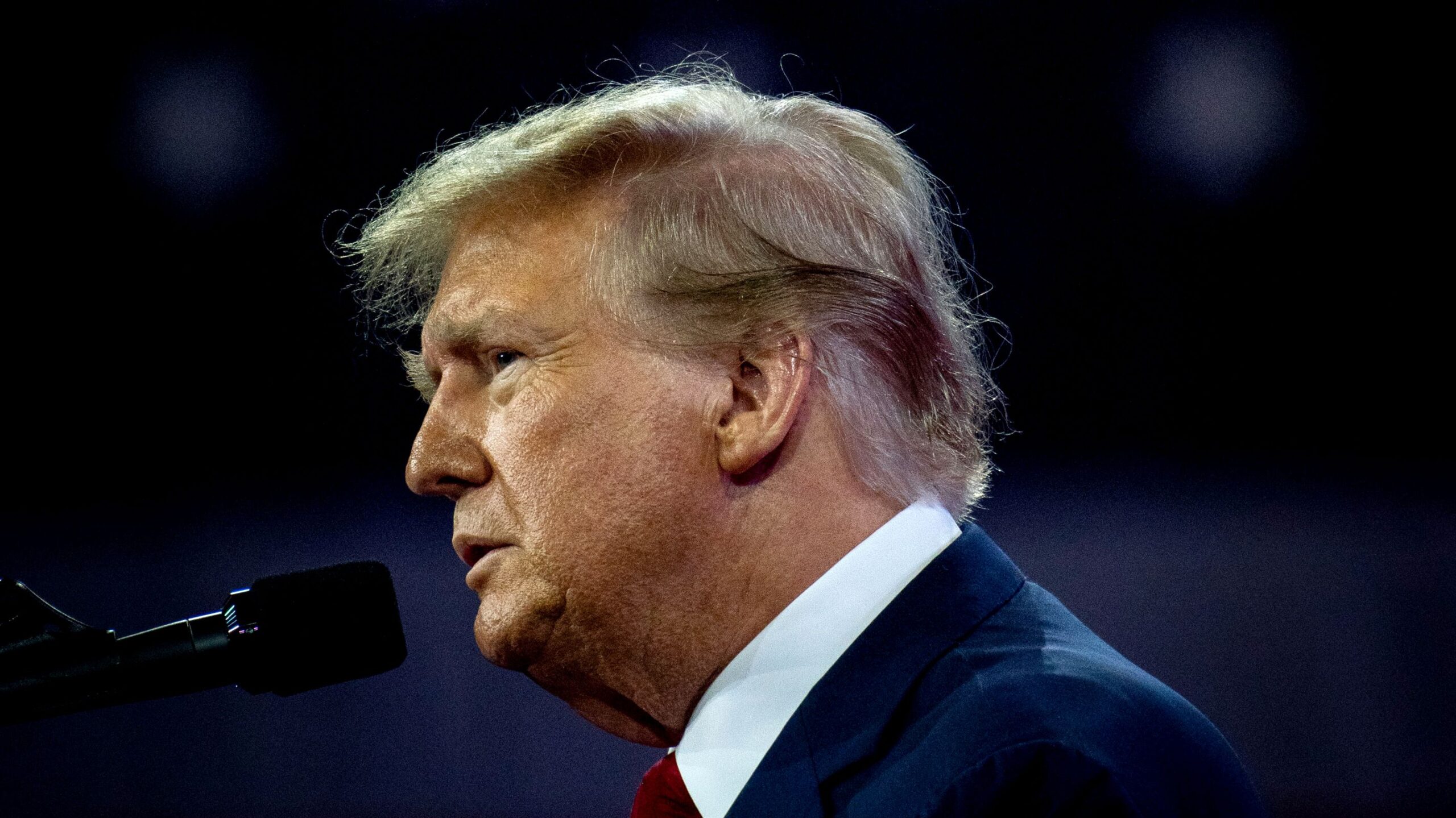South Dakota Governor Kristi Noem publicly agreed with Donald Trump’s stance that states should control abortion access in America. However, she did not address Trump’s support for exceptions in anti-abortion laws for cases of rape and incest, a provision absent from her state’s abortion ban which she staunchly defends.
Simultaneously, Senator Tim Scott of South Carolina sidestepped a question about Trump’s refusal to endorse a federal abortion ban, a policy Scott previously described as a “moral obligation” for his party during his presidential campaign last year.
Trump’s recent shifts on abortion policy pose a new challenge for Noem, Scott, and others who may be considered for the role of Trump’s running mate. Many of these potential candidates have consistently opposed abortion and supported the anti-abortion movement throughout their political careers. However, their records now conflict with the presumptive Republican presidential nominee’s stance.
Trump’s refusal to back a federal abortion ban and his support for exceptions that many Republicans have long opposed have upset several anti-abortion leaders. His stance maintains the post-Roe v. Wade status quo, allowing states to determine their own abortion laws. This position appears to be a strategic move as Democrats prepare to remind voters of the loss of federal abortion protections.
Trump’s evolving stance on abortion will test those hoping to run alongside him. This is a significant shift from his previous campaign, where he chose Mike Pence as his running mate, hoping Pence’s strong opposition to abortion would appeal to the Christian right.
Trump now views abortion as a potentially damaging issue for Republicans as he seeks a return to the White House. He is reportedly studying how his potential running mates have handled this divisive issue in the past, particularly their stance on exceptions for rape, incest, and the health of the mother.
While Noem quickly voiced her support for Trump, she has also described herself as an “absolutist” on abortion and has held up her state’s ban as a model for the country. Other potential running mates, such as Florida Representative Byron Donalds and Ohio Senator J.D. Vance, have yet to comment on Trump’s recent remarks but have previously expressed strong anti-abortion stances.
Florida Senator Marco Rubio, another potential running mate, has previously supported a ban on abortion, including in cases of rape. However, he has also stated that he would support legislation with some exceptions, recognizing that his stance is not a majority position.
The potential impact of Trump’s approach became clearer when the Arizona Supreme Court ruled that the state must adhere to a law barring all abortions, except those necessary to save a woman’s life. This decision has already affected the state’s US Senate race, with Republican candidate Kari Lake, once a supporter of the law, stating that she opposed the ruling.
Trump’s recent statement on abortion threatens to alienate Republicans from the anti-abortion groups they have traditionally relied on for support. Marjorie Dannenfelser, the president of Susan B. Anthony Pro-Life America, expressed deep disappointment in Trump’s position.
Despite the controversy, some Republicans continue to support Trump. New York Representative Elise Stefanik, who has co-sponsored a federal abortion ban, sided with Trump, calling him “the most successful pro-life President in history.”
Contributions to this report were made by CNN’s Kristen Holmes, Manu Raju, Kit Maher, and Alison Main.

